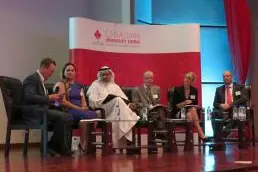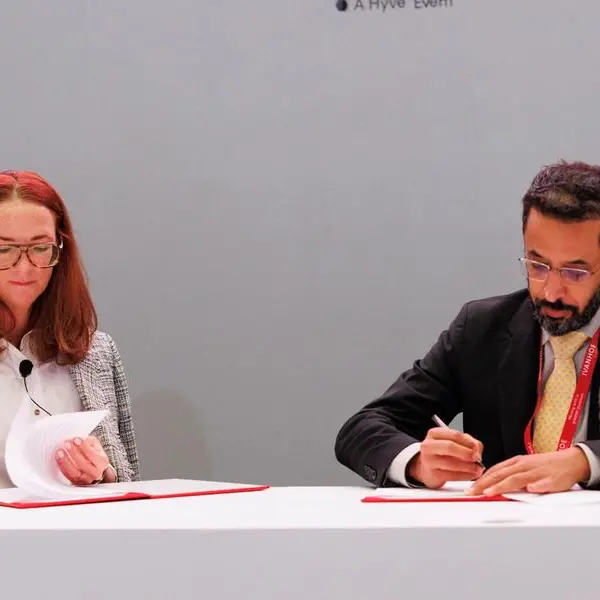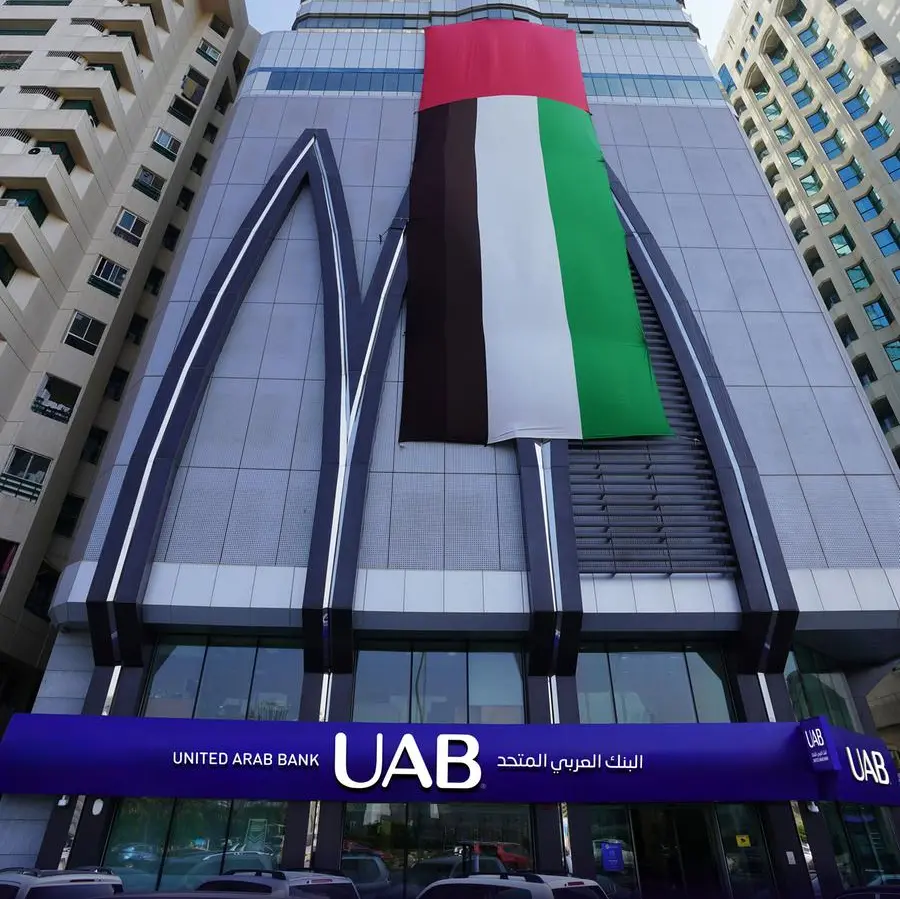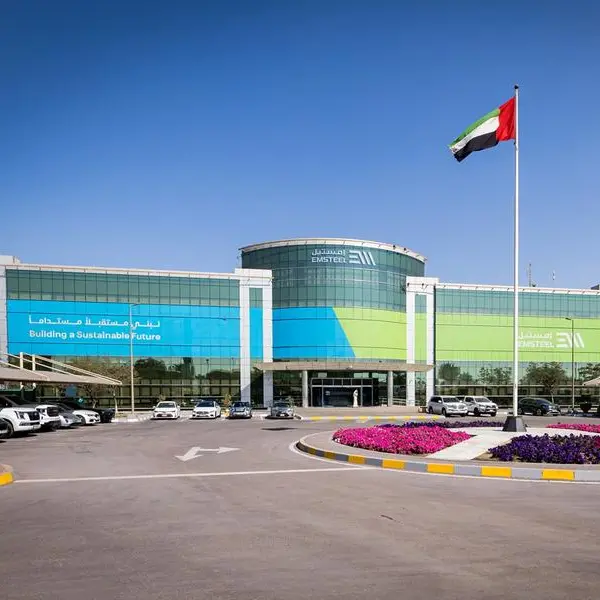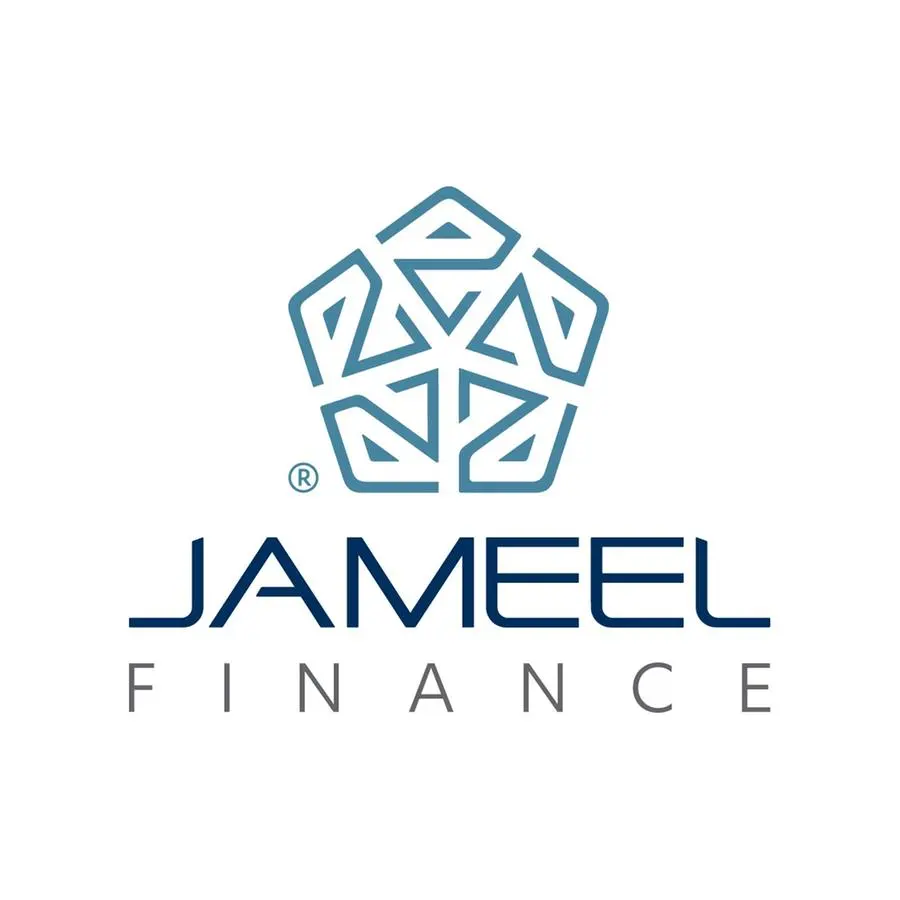PHOTO
Dubai, Monday, 22 June, 2015
A recent employability study conducted by The Talent Enterprise with over a 1000+ students from the GCC and the UK revealed that only 48% of national students and 57% of expat students believe that their current education is relevant to future employment opportunities. Further, only 36% of national students felt engaged and motivated with their current course and institution. These trends are extremely alarming considering the young population profile across the GCC.
The findings of this ground-breaking study were revealed at The Third Middle East Career Development Conference hosted by The Talent Enterprise in partnership with INSEAD, the Canadian University in Dubai and Dubai Knowledge Village.
Stella Mandehou, Head of Employer Engagement & Career Development Middle East at INSEAD commented "It is crucial that both educators and employers continue to work closely together to address the current gap between the world of education and work. We need more opportunities for on-going dialogue and the MECDC event, with over 80+ career guidance professionals, academia and employers provided a really important platform in sharing our own views and understanding more about the expectations and demands from employers." She added "skill development cannot be addressed in isolation without taking into account the requirements of employers".
Despite the fact that almost 60% of students end up in jobs unrelated to their academic background, shedding light on the criticality of receiving formal career guidance, the Talent Enterprise study revealed that most students still depend on receiving career advice from family (39%) and friends (31%).
Radhika Punshi, Director of Innovation at The Talent Enterprise and organisational psychologist shared her concerns with this trend. "We are all well-aware of the influential role played by family and friends in terms of making critical decisions on academic or career choices. However, these may not always be the right decisions for the student as the family may not always be aware of all the possible work opportunities that exist. Parents may insist on the student choosing more traditional career paths such as becoming a doctor, or engineer or financial analyst, without taking the students aspirations or aptitude into consideration. We need students to consider all sorts of careers based on their ability and strengths, and the needs of the labour market, including social media, customer service, drone technology, avionics, and entrepreneurship to support the growth of our knowledge-based economies".
Ms. Punshi added that "elevating the capacity and capability of formal career guidance services in our schools, colleagues and universities is absolutely essential. Further, our counsellors and career guidance professionals need more updated information on the latest job and career trends, tools such as psychometric tests, labour market intelligence and on-going dialogue to understand the needs of employers. No GCC country has addressed this concern around career guidance yet."
This view was supported by employers such as Du and Tanfeeth who also spoke at the forum, where they stressed that a greater self-awareness amongst students on their own strengths and interests would help in placing them in the right jobs. Private sector employers stressed that employability skills such as problem solving, data analytics, positive mindset, resilience, communication and willingness to learn were much more critical in the real world of work, as compared to the theoretical or academic knowledge that students were equipped with.
The academic perspective was represented by senior panellists from leading institutions such as INSEAD, KFUPM, Ministry of Higher Education in Bahrain, Dubai Knowledge Village and the Sheikh Saud bin Saqr Al Qasimi Foundation, who unanimously acknowledged the need for further dialogue and action to help bridge the education to employment gap, to co-develop curricula with employers and provide youth with as much information and opportunities at an early stage, including internships, work study programs, apprenticeships etc.
-Ends-
ABOUT INSEAD, THE BUSINESS SCHOOL FOR THE WORLD
As one of the world's leading and largest graduate business schools, INSEAD brings together people, cultures and ideas to change lives and to transform organisations. A global perspective and cultural diversity are reflected in all aspects of our research and teaching.
With campuses in Europe (France), Asia (Singapore) and Abu Dhabi, INSEAD's business education and research spans three continents. Our 146 renowned Faculty members from 34 countries inspire more than 1,300 degree participants annually in our MBA, Executive MBA, specialised master's degrees (Master in Finance, Executive Master in Consulting and Coaching for Change) and PhD programmes. In addition, more than 12,000 executives participate in INSEAD's executive education programmes each year.
In addition to INSEAD's programmes on our three campuses, INSEAD participates in academic partnerships with the Wharton School of the University of Pennsylvania (Philadelphia & San Francisco); the Kellogg School of Management at Northwestern University near Chicago, and Johns Hopkins University/SAIS in Washington DC. In Asia, INSEAD partners with Tsinghua University in Beijing and the China Europe International Business School (CEIBS) in Shanghai. INSEAD is a founding member in the multidisciplinary Sorbonne University created in 2012, and also partners with Fundação Dom Cabral in Brazil.
INSEAD became a pioneer of international business education with the graduation of the first MBA class on the Fontainebleau campus in Europe in 1960. In 2000, INSEAD opened its Asia campus in Singapore. And in 2007 the school began an association in the Middle East, officially opening the Abu Dhabi campus in 2010.
Around the world and over the decades, INSEAD continues to conduct cutting edge research and to innovate across all our programmes to provide business leaders with the knowledge and sensitivity to operate anywhere. These core values have enabled us to become truly "The Business School for the World."
More information about INSEAD can be found at www.insead.edu
Media Contact
Namrata Budhraja: namrata@thetalententerprise.com
+971.55.896.8618
INSEAD Press Contact:
Joe Chedid, INSEAD Abu Dhabi campus
Tel +971 2 651 5329
Email joe.chedid@insead.edu
Tel: +971 2 651 5200
Fax: +971 2 443 9428
Press Contact:
Rania Katsigianni, FleishmanHillard
Email: rania.katsigianni@fleishman.com
Tel: +971 44502603
© Press Release 2015
